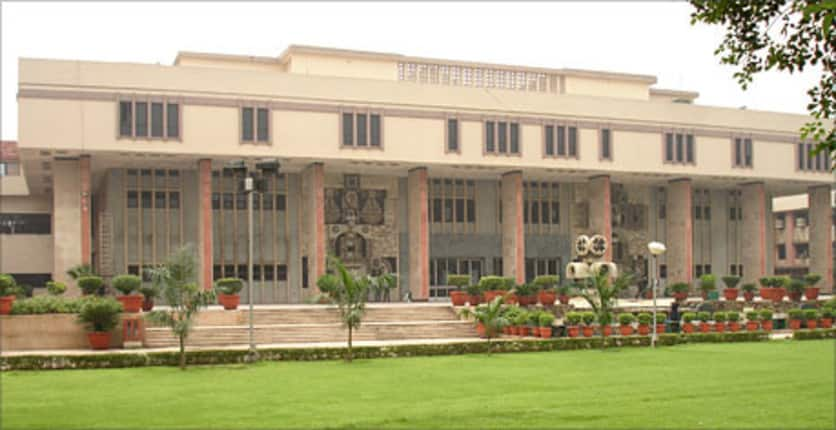Digital education not a replacement for formal classroom: HC judge cautions

Press Trust of India | September 19, 2020 | 07:04 AM IST
NEW DELHI: Digital education is not a replacement for formal classroom schooling and digitalising elementary education, by restricting a child to be a passive receiver without an interactive environment, needs deeper probe, a Delhi High Court judge said on Friday as a note of caution.
This view was expressed by one of the judges of the division bench of Justices Manmohan and Sanjeev Narula which directed private as well as government schools like Kendriya Vidyalayas to provide gadgets and an internet package to poor students for online classes during COVID-19 pandemic, saying not doing so amounts to "discrimination" and creates a "digital apartheid".
In his concurring but separate "note", Justice Narula observed that while the term 'education' can be expanded to include digital or online mode of teaching, such a format "can only function as a supplemental mechanism" and "not as a permanent stand-in setup".
In the present pandemic situation, the shift towards online education has taken place literally overnight, and without much deliberation. One could argue that the unprecedented situation warranted such a drastic switch over.
"Therefore, I do not find any fault with the approach of the schools that have adopted digital technology for imparting education. However, it is necessary to issue a note of caution here so that the modes and methods adapted during this extraordinary time are not seen as the quintessential purpose of the Act," he said.
Admission in a brick-and-mortar school
Justice Narula said that the norms and standards prescribed in the Act for the provision of education specifically provide for the infrastructure of a school with a safe and inclusive environment, "ideally in an all-weather building".
"The primary aim of the Act is to ensure that every child gets admission in a brick-and-mortar school with a classroom space shared with peers of a similar age-group, so as to foster a conducive environment for learning. It is therefore essential to keep in mind that digital education is not a replacement for formal classroom schooling, which is the primary goal of the Right to Education Act, 2009," he said.
He further observed, "Thus, in my view, the digitalization of elementary education, which targets children of ages between 6 to 14 years, by restricting the child to be a passive receiver without an interactive environment, needs deeper probe."
He said the paradigm shift, in the current situation, has happened rapidly and the online mode of education has taken the front seat in the unprecedented emergency scenario prevailing presently.
Digital education with caution
"In fact, globally, skepticism is the underlying sentiment when it comes to digital education. Nations are grappling to find the correct answers to deal with the present situation. I would therefore say that we should approach the subject on a cautionary note," the judge said.
He further added that presently there are no insights about when the pandemic is going to end and "whether the next pandemic or a similar unprecedented situation is lurking round the corner". "It is, thus, the need of the hour that the government invests its resources into understanding the current alternative modes available - their efficacy, methods of implementation, and then work towards an inclusive, uniform system of administering digital education.
"Government should involve educational and technological experts in the fields to review this emerging mode of education, having regard to the ground realities so that a robust online/digital education system is developed," he said in his note.
The bench in its main judgement also observed that online education was covered under the Right to Education (RTE) Act and therefore, the private schools were providing the same as part of their responsibilities under the statute and not as a voluntary or social service.
Also Read:
- Schools to open from Sep 21 but no regular classes: Karnataka Education minister
- Delhi: Schools closed till October 5, online classes for Classes 9-12
Write to us at news@careers360.com.
Follow us for the latest education news on colleges and universities, admission, courses, exams, research, education policies, study abroad and more..
To get in touch, write to us at news@careers360.com.